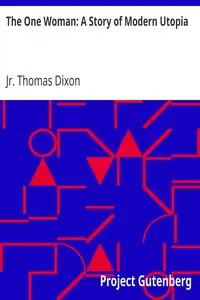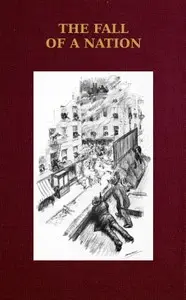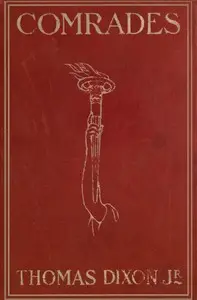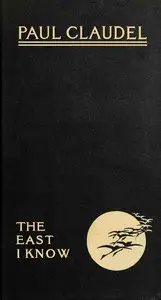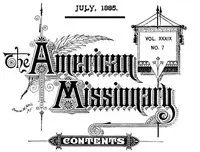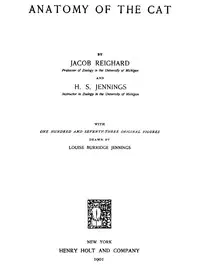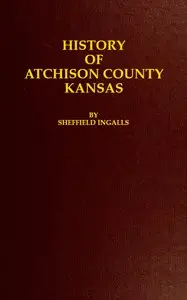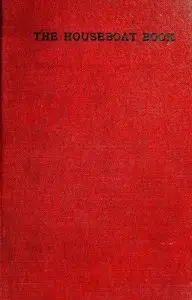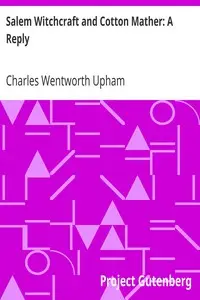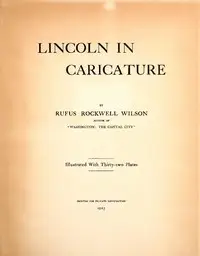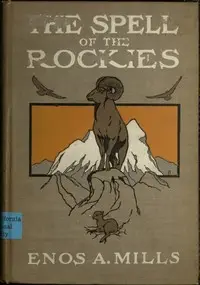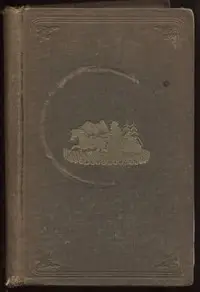"The Leopard's Spots: A Romance of the White Man's Burden—1865-1900" by Thomas Dixon, Jr. is a historical novel written in the early 20th century. Set against the backdrop of the Reconstruction era in the American South, the book explores themes of race, societal upheaval, and the aftermath of the Civil War. The narrative follows several key characters, including Charles Gaston, a Confederate soldier, and Sallie Worth, a Southern woman, as they navigate the challenges and changes brought about by the war and its consequences. At the start of the novel, the reader is introduced to the somber mood following the surrender at Appomattox, highlighting the despair of returning Confederate soldiers, including Gaston, who once held hope for a glorious future. The opening chapters depict the personal tragedies resulting from the war, such as the return of soldiers to devastated homes and families, alongside the struggles of freed Black individuals, like Nelse, an ex-slave returning home. The narrative sets the stage for a complex exploration of racial dynamics, personal loss, and the challenges of rebuilding a society torn apart by conflict. Through vivid imagery and emotional character struggles, Dixon establishes a powerful sense of place and time in this tumultuous period of American history. (This is an automatically generated summary.)
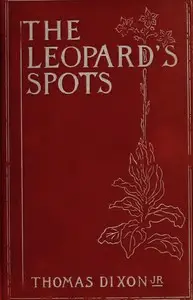
The Leopard's Spots: A Romance of the White Man's Burden—1865-1900
By Thomas Dixon
Wikipedia page on this work: https://en.wikipedia.org/wiki/The_Leopard%27s_Spots
Genres
Released
2017-05-23
Formats
epub
mobi
mobi (images)
epub (images)
epub3 (images)
Free Download
Overview
About the Author
Thomas Frederick Dixon Jr. was an American Baptist minister, politician, lawyer, lecturer, writer, and filmmaker. Dixon wrote two best-selling novels, The Leopard's Spots: A Romance of the White Man's Burden—1865–1900 (1902) and The Clansman: A Historical Romance of the Ku Klux Klan (1905), that romanticized Southern white supremacy, endorsed the Lost Cause of the Confederacy, opposed equal rights for black people, and glorified the Ku Klux Klan as heroic vigilantes. Film director D. W. Griffith adapted The Clansman for the screen in The Birth of a Nation (1915). The film inspired the creators of the 20th-century rebirth of the Klan.
Total Reviews
10.0k
Total reviews from Goodreads may change

